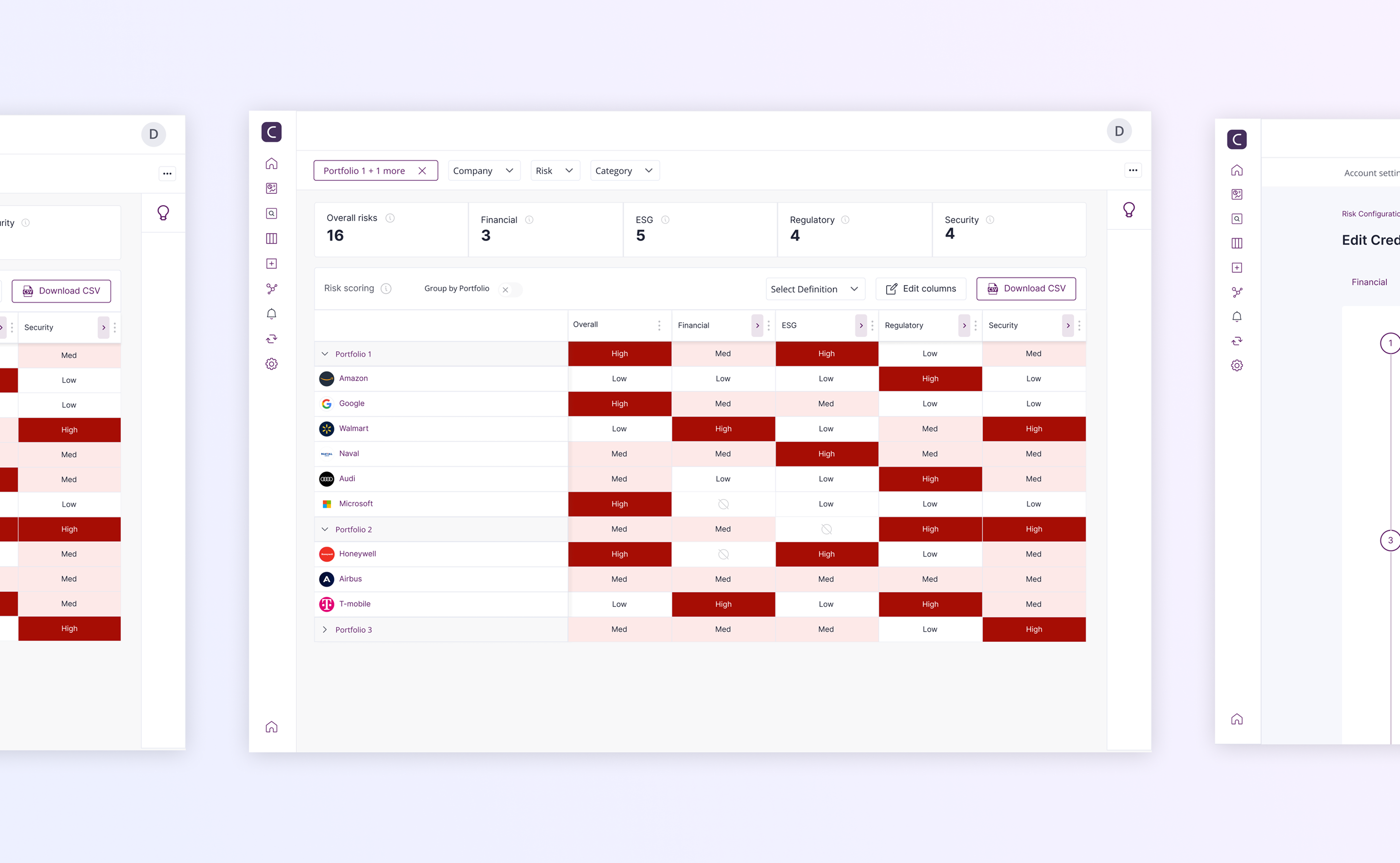
January 10, 2024
Scaling Your Startup: From 10 to 100 Employees
Scaling from 10 to 100 employees is the make-or-break moment for most startups. The processes, culture, and systems that worked perfectly for a small team will break down completely as you grow. Having guided dozens of companies through this transition, I can tell you that most founders dramatically underestimate the complexity of this challenge.
The statistics are sobering: 70% of startups that successfully raise Series A funding fail to reach Series B, and the primary reason is their inability to scale their team effectively. The good news? This failure is entirely preventable with the right approach.
The Scaling Paradox: What Got You Here Won't Get You There
As a founder, you've been successful because you could do everything yourself. You knew every customer, understood every technical decision, and could pivot instantly based on new information. But as you scale, this becomes impossible—and trying to maintain this level of control will actually hurt your company.
The key is to build systems that can operate without your constant involvement. This means creating processes for hiring, onboarding, performance management, and decision-making that work whether you're in the office or not.
Building Your Management Layer
Your first 10 employees were probably individual contributors who reported directly to you. As you grow to 100 people, you'll need to develop managers who can lead teams effectively. This is where most companies stumble—they promote their best individual contributors to management roles without proper training.
Management is a skill that can be learned, but it requires investment. Provide leadership training, mentorship programs, and clear frameworks for decision-making. Don't assume that great individual contributors will automatically become great managers.
"The biggest mistake I made was not building a strong management layer early enough. I tried to manage everyone directly, which created a bottleneck and prevented the company from scaling."
Brian Chesky, Airbnb Co-founder
Preserving Culture While Scaling
Company culture doesn't scale automatically. In fact, it tends to get diluted with every new hire. You need to be intentional about preserving your core values while adapting to the challenges of growth.
Document your culture explicitly—write down your values, create cultural guidelines, and develop rituals that reinforce your beliefs. But don't just write it down; live it every day. Culture is caught, not taught, and your behavior sets the standard for everyone else.
Communication Architecture
With 10 people, everyone can be in the same room. With 100 people, you need a communication architecture that ensures information flows effectively throughout the organization.
Implement regular all-hands meetings, department updates, and transparent decision-making processes. Use tools like Slack or Microsoft Teams to facilitate communication, but don't rely on them exclusively. Face-to-face communication is still crucial for building relationships and resolving conflicts.
The Founder's New Role
As you scale, your role must evolve from "doer" to "leader." This means spending more time on strategy, culture, and people development, and less time on day-to-day operations. It's a difficult transition, but it's essential for long-term success.
Delegate ruthlessly, but don't abdicate responsibility. Stay involved in key decisions while empowering your team to make operational choices. The goal is to create an organization that can grow and thrive with or without your daily involvement.
Remember: scaling is not just about adding people—it's about building systems, processes, and culture that can support sustainable growth. Invest in these foundations early, and your company will be positioned for long-term success.
- Solutions
- Home
- Our Services
- Portfolio




